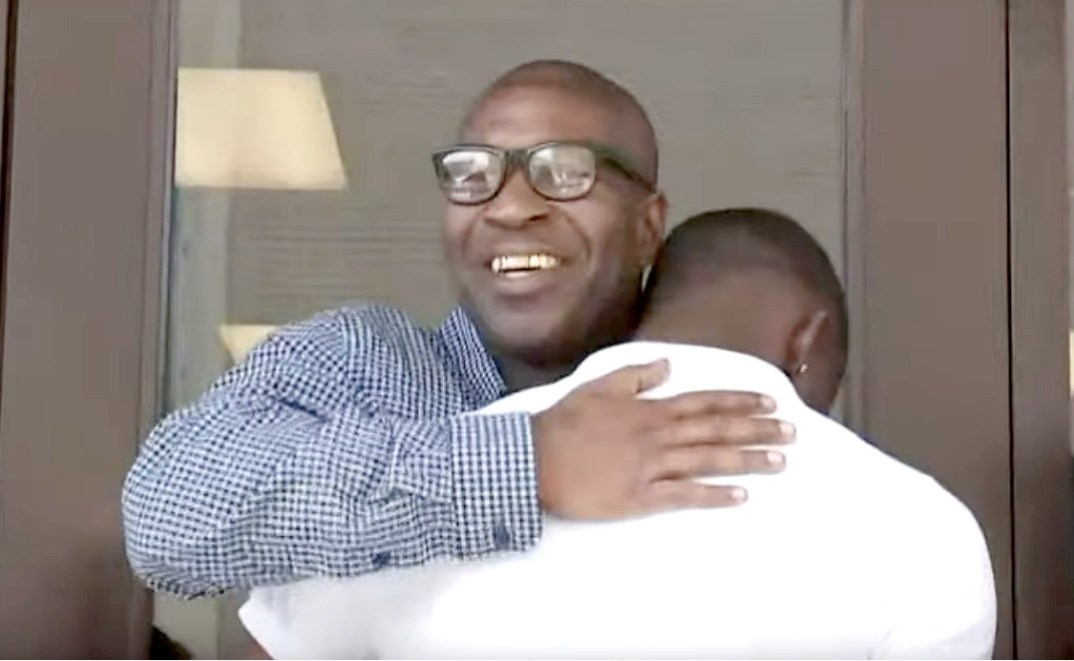Louisiana man exonerated after serving 17 years for a robbery he didn’t commit
Wrongfully convicted of a 2003 robbery, Royal Clark Jr., is walking free after new evidence determined that he did not commit the crime

A wrongfully accused Louisiana man is finally walking free after serving 17 years for an armed robbery he didn’t commit.
It’s been a long time coming but Royal Clark Jr,. has been released after a 2003 conviction of robbing a Jefferson Parrish Burger King was overturned.
Clark was sentenced to 49 ½ years in prison for the 2001 robbery of the fast-food restaurant in Terrytown.
The Jefferson Parish District Attorney’s Office released a statement explaining how forensic evidence led to the man’s release.
“Forensic advancements in fingerprint processing” provided proof that Clark was likely not the person who committed the crime.
On Thursday, a judge vacated his conviction, New Orleans local radio station WWL reports.
“We all now know what he’s been saying all along, that he’s factually innocent of this crime which was committed by someone else,” said Clark’s attorney, Kia Hall Hayes, with the Innocence Project New Orleans.
The Innocence Project New Orleans and the district attorney’s office requested a new fingerprint analysis be performed.
“As district attorney, my obligation to seek justice does not end upon conviction,” Jefferson Parish District Attorney Paul Connick said in a prepared statement.
“Rather, my obligation is to continue to follow the evidence. When the evidence reveals an individual was wrongly convicted, my office will take action to correct that injustice.”
According to reports the fingerprint analysis was connected to a serial burglar who had been convicted of a number of similar robberies in the Harvey and Marrero are carried out two months after the Burger King robbery.
“It’s overwhelming,” Clark said after his hearing Thursday morning where he learned of the decision.
“His case serves as another example of the unreliability of eyewitness identification evidence, the importance of judges allowing juries all the tools they need to assess the evidence accurately, and the danger of relying exclusively on such evidence to take away someone’s liberty,” Hayes said in a written statement released by the organization, NOLA.com reports.
